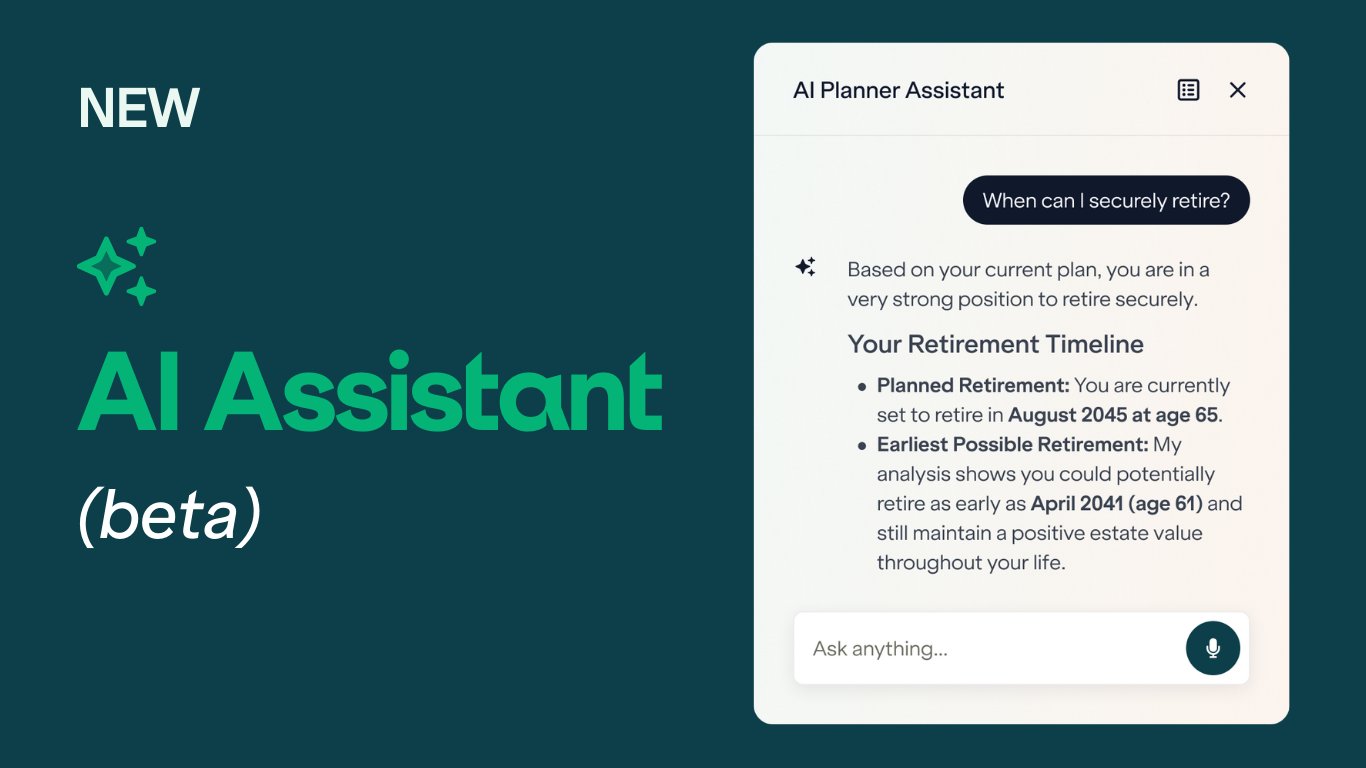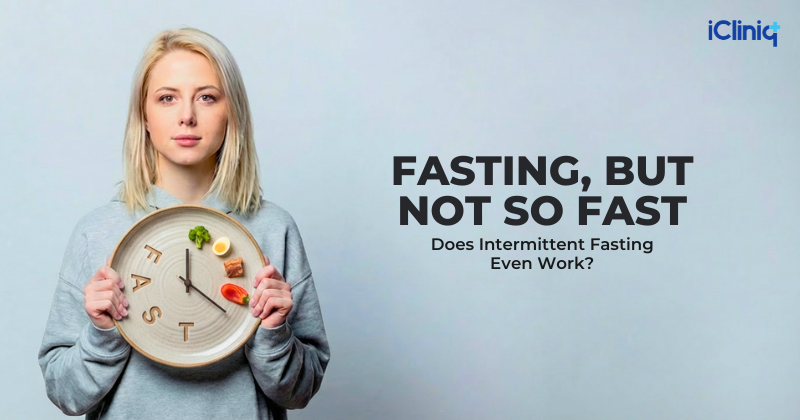In the realm of psychology, “learned helplessness” is a well-documented phenomenon where individuals, after facing repeated challenges or failures, come to believe they have no control over a situation. This mindset can sneak up on you and significantly impact various aspects of life, including mental health, career choices, relationships, and healthy financial decision-making.
What is Learned Helplessness?
First coined by psychologist Martin Seligman in the 1960s, learned helplessness arises when people feel powerless in the face of adverse circumstances. Over time, this sense of powerlessness can become a self-fulfilling prophecy, leading individuals to avoid taking action or think that they can’t take action, even when solutions or opportunities are present.
Explore other interesting and related insights from Seligman:
Check out this affecting experiment that illustrates the devastating effect of learned helplessness
This video painfully illustrates the profound impact that setbacks beyond your control can have on your ability to think and act.
How Does Learned Helplessness Affect Financial Behavior?
In financial terms, learned helplessness can manifest when someone faces financial hardship or setbacks repeatedly – which is an all too common occurrence in modern life.
For example, dealing with job loss, overwhelming debt, or market downturns can make a person feel that they have no control over their financial future, leading to disengagement and avoidance of financial planning altogether.
And, learned helplessness can lead to behaviors that reinforce financial difficulties.
Here’s how:
1. Procrastination and avoidance
Those who experience learned helplessness may procrastinate when it comes to financial decisions. Whether it’s setting up a budget, opening a retirement account, or creating an emergency fund, the belief that “nothing I do will help” can lead to putting off important actions.
2. Failure to seek help
People in this mindset often avoid seeking professional financial advice, feeling that no one can truly assist them or that their financial situation is beyond repair. This can prevent individuals from benefiting from expert guidance, resources, and strategies that could turn their financial situation around.
3. Inaction during crises
In times of financial stress—such as during a recession or after a major unexpected expense—learned helplessness can prevent people from taking steps to mitigate further damage. For instance, someone who believes they can’t improve their situation might not explore debt restructuring, government assistance programs, or strategic changes in their investment portfolio.
4. Reinforced negative habits
Repeated financial difficulties may lead people to continue poor financial habits, such as overspending, high-interest borrowing, or ignoring their investments. These behaviors often stem from a belief that they are unable to manage their finances effectively, which only perpetuates the cycle of financial instability.
Breaking the Cycle: How to Combat Learned Helplessness in Financial Planning
Fortunately, learned helplessness is not a permanent state, and it can be overcome with the right strategies. Here are a few ways to help individuals break out of the cycle and take control of their financial future.
1. Educate yourself
Financial literacy is one of the most effective antidotes to helplessness. Understanding how money works—whether through online courses, reading, or working with a financial advisor—can help individuals feel more confident about making decisions. Once people understand the mechanics of savings, investments, and debt management, they may feel empowered to take charge of their financial journey.
- Use the Boldin Retirement Planner to see the real impact of your financial decisions. The tool as well as the classes and articles will increase your financial know-how.
2. Set small, achievable goals
One of the reasons learned helplessness sets in is because people feel overwhelmed by the enormity of their problems. Breaking down financial goals into smaller, more manageable steps can help individuals feel a sense of accomplishment. Start with small actions like setting aside $50 a month or cutting one unnecessary expense. Small wins build confidence, leading to larger financial successes.
Financial stability doesn’t happen overnight. The key is to celebrate incremental progress and view setbacks as learning opportunities rather than failures. By focusing on what you can do today and making consistent efforts, you can eventually overcome financial challenges.
3. Seek professional guidance
If learned helplessness is rooted in deep-seated fears or confusion, seeking help from a financial planner or advisor can make a significant difference. Professionals can offer tailored strategies and solutions to navigate financial stress, helping people feel more in control of their future.
- Might learned helplessness mean that you be missing out on opportunities like retiring early? If you don’t have confidence to make your own financial decisions, working with a coach or a financial advisor could help.
- Book a FREE discovery session with a CERTIFIED FINANCIAL PLANNER professional from Boldin Advisors to identify and achieve your goals.
- Try a session with a Boldin Coach. Our 1:1 coaching provides a fresh pair of expert eyes on your plan. You’ll get reassurance that your data is entered correctly and learn how to maximize the tools for a wealthy and secure future.
4. Challenge negative beliefs
The key to overcoming learned helplessness is recognizing that feelings of powerlessness are often not reflective of reality. Instead of assuming there’s no way out, individuals should focus on identifying what is within their control. For example, while we cannot control the stock market, we can control how much we save, how diversified our portfolio is, and how we react to market fluctuations.
- Use the Boldin Retirement Planner to get a clear eyed view of your financial reality. The Financial Wellness snapshot will show you your true strengths and weaknesses.
5. Take control of your future
When people take control of their finances, they often experience reduced stress, improved mental health, and greater overall life satisfaction. This newfound confidence can ripple outward, leading to better decision-making in your career, relationships, as well as other aspects of your life.
The Boldin Retirement Planner puts financial wellness into your own hands. The award winning tools enable you to:
- Organize all aspects of your financial life – both today’s reality and tomorrow’s possibilities.
- See your financial strengths and weaknesses.
- Discover opportunities for how to do better.
- Have a framework for making sound financial decisions throughout your life.
- See your progress over time.
Publisher: Source link










